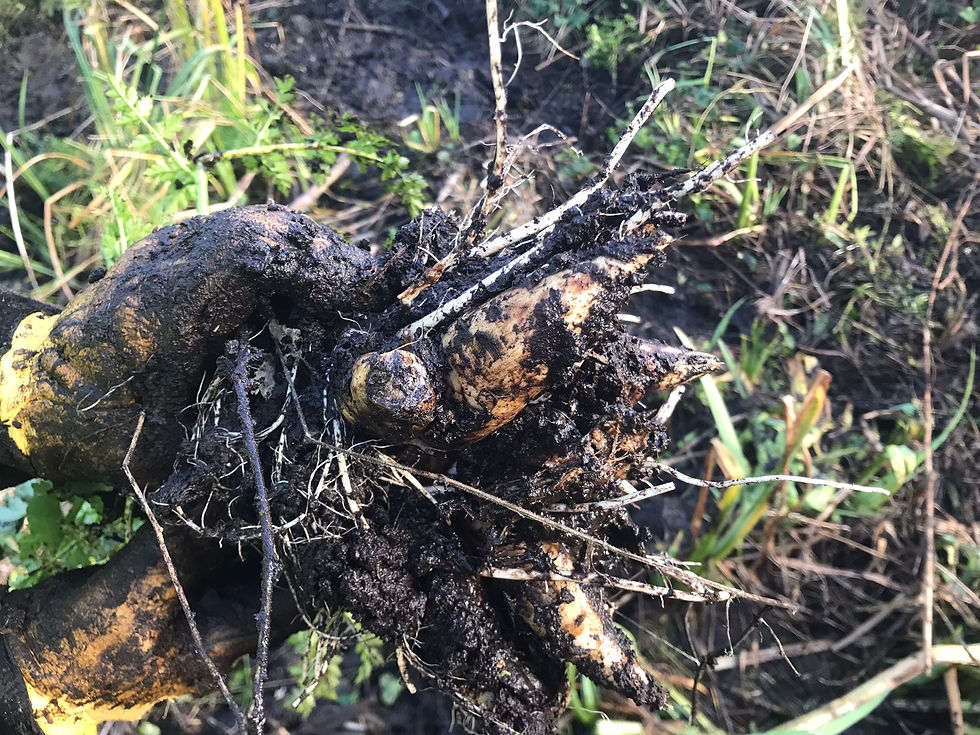An SOS from Sussex's birds - by Meerabai Kings
- Meerabai Kings

- Feb 4, 2022
- 2 min read
Updated: May 31, 2022

Photo Credit = Meerabai Kings
How did West Sussex’s birds fare in the 2021 RSPB Big Garden Birdwatch, how can we get involved this year and what can we do to help our feathered friends? Well, all you need is a bird identification guide a spare hour to spend with the birds!
The RSPB’s Big Garden Birdwatch is the largest wildlife survey in the world, taking place between the 28th and 30th of January 2022. Participants note down the birds they see in one hour. This timeframe may seem minuscule, but with people all over the country simultaneously reaching for their binoculars, the results are vast!
The 2021 Big Garden Birdwatch saw the humble house sparrow take The Birdwatch crown for the 18th consecutive year. In the West Sussex running, the house sparrow was flanked by the starling and the blue tit.
But the house sparrows aren’t celebrating their win. House sparrow sightings in West Sussex have decreased since The 2020 Birdwatch. In fact, out of West Sussex’s Top Ten, only blackbirds and robins saw an increase in numbers.
In the last 50 years, 40 million birds have vanished from Britain as we leave them fewer wild spaces. Chaffinches and greenfinches UK-wide are at an all-time low. Finches are specialist feeders, relying on seeds for food; now, with less wild spaces, they are suffering.

Heartbreakingly, chaffinches are at an all time low in numbers right now, although this one paid a visit to a Manhood garden! Credit = Meerabai Kings

It isn’t hard to engage with wildlife in your garden or local park, especially on the Manhood Peninsula! Credit = Meerabai Kings
On a chirpier note - a recording breaking 1 million people took part in The 2021 Birdwatch. With so many people showing an interest in our birds, the actions of individuals could scale up, providing healthier habitats.
So - feed the birds! To encourage finches into your Sussex garden, fill a feeder with black niger seed or sunflower hearts. Better still would be having a wild patch in your garden. Leaving a flower bed to self-seed or sowing wildflower seeds provides birds with an all you can eat buffet. Finches will sit atop a thistle or sunflower as it bends in the wind, eating its seeds, while robins and tits will munch on caterpillars.

These Manhood goldfinches are feeding on niger seed, which you can buy in your local garden centre. Credit = Meerabai Kings
For the keener bird watcher (which many of us MWHG volunteers are!) you can take this one step further by taking part in the British Trust for Ornithology’s (BTO) weekly Garden Birdwatch - all you need is a spare 20 minutes each week and a confidence in bird ID. You can sign up on the BTO website here.




Comments